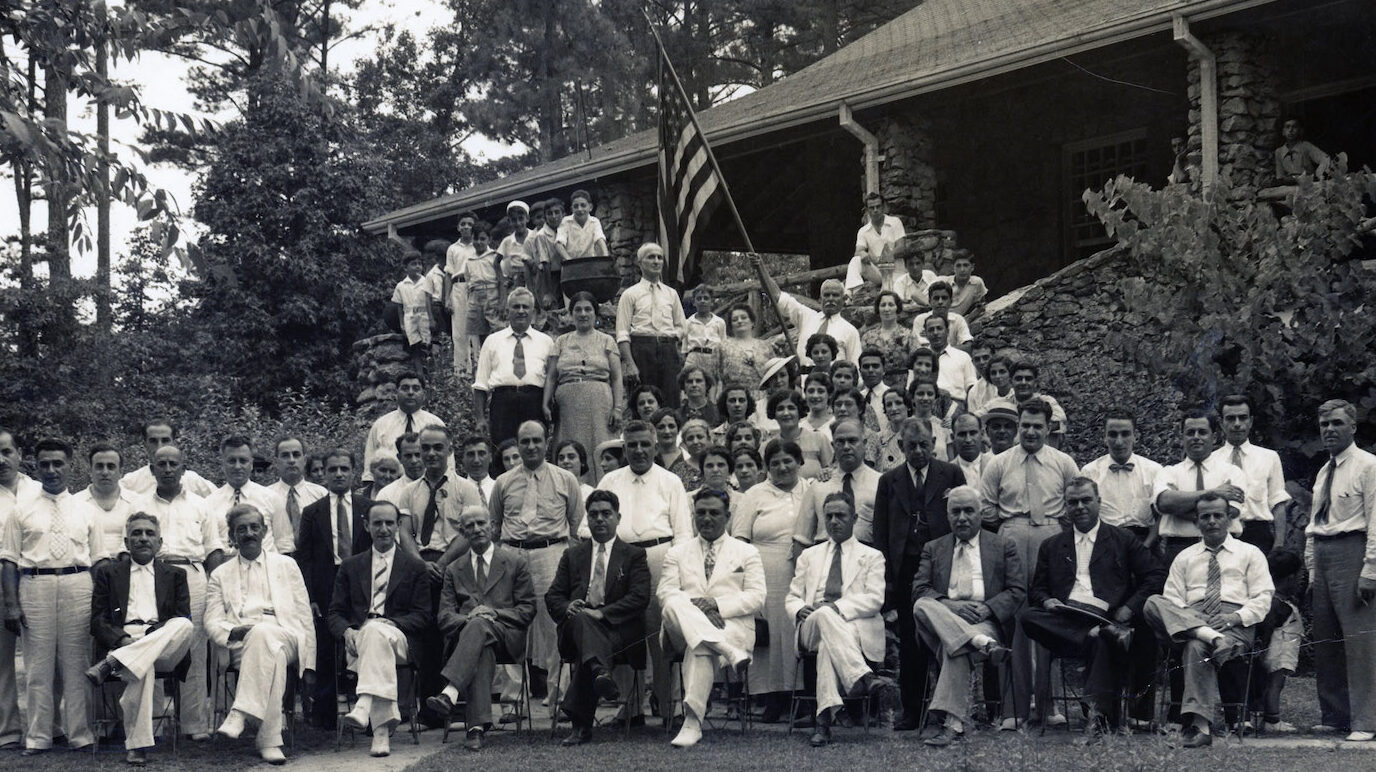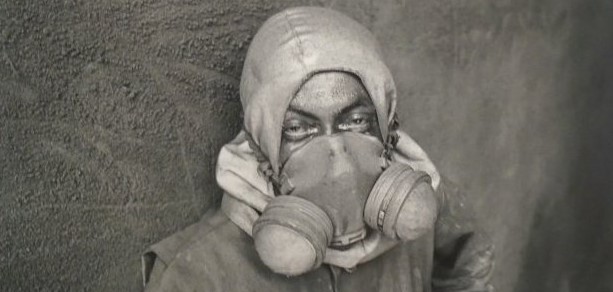Freakonomics: Lebanese Most Successful Immigrants in the World
Freakonomics, the podcast, inspired by the 2009 best-selling book of the same name, recently tackled the question: Who are the most successful immigrants in the world? Now, this is a tough question, as you may imagine. But, they attempted to answer it. And can you guess what population they pointed to as the most successful? I’ll give you a moment to think it over… the Lebanese population, of course.
If that wasn’t interesting enough, guess who the host, Stephen Dubner called on for historical context to this question? Our very own Akram Khater, Director of the Khayrallah Program for Lebanese-American Studies and accomplished professor of Middle East history at NC State University.
Now, let’s get down to the content of the podcast. If you’re like me and would like to read through the interview, here’s the full transcript.
Dubner’s conversation with Nassim Nicholas Taleb, the Lebanese essayist, scholar and statistician, on a plane heading to South Africa, led him to think about the Lebanese diaspora and their rates of success. The interview highlights George Atallah, who works for the NFL Players Association about his Lebanese heritage transmitted mostly through his father’s deep knowledge of famous Lebanese people. The tone of this interview is poignant, but also comical at times, with Georges Atallah, Sr. considering even his son’s Irish teacher to be of Lebanese descent!
That’s about the time in the podcast where Dr. Akram Khater steps in to provide an historical basis to the question of Lebanese immigrants’ success. He notes,
There’s no doubt that if you look at the statistics today, and this is from the census, the Lebanese community, on average, they actually do seem to have in terms of economic measures on average bigger houses, they’re more professional in terms of their employment, they have better income. So if one is to take that as a measure then they are fairly highly successful, yes.
Dr. Khater continues by explaining 2 major waves of immigration from Lebanon. The first wave from the 1880s-1920s was precipitated by the declining global silk market, which drove people out of the country. The second wave, beginning in 1975 as a result of the Lebanese civil war, saw 40% of the country’s population leave for other places. In that instance, the violence led to severe economic downturns.
Dr. Khater says, “So ostensibly there are at least as many Lebanese outside of Lebanon as there are within Lebanon.”
So, then what happened to all those university graduates, entrepreneurs and great thinkers.
I think what you find is the two major areas are engineering and medicine. Those are sort of for myself speaking personally I’m part of the 1970, post 1975…I came here in 1978. And at the time I was attending high school, basically every good Lebanese boy, every good Arab boy really had to be a doctor or an engineer. Those were the two venues of success. Those were your entry points into middle and upper middle class. That’s how you would succeed.
There’s so many more quotes from this podcast from Dr. Khater, Taleb and Atallah that are worth adding to this post, but I’ll end on Dr. Khater’s larger point about immigrant populations.
…Anybody who immigrates is already a self-selecting population. In other words, when you makes the decision, and this kind of goes on a larger notion. Our understanding of immigration is of these sort of desperate souls that are sort of clinging to lifeboats and arriving here and just that’s it. It’s a very nice narrative, but it’s a false narrative. In fact, most people…they don’t come here beyond the fact that most of them, the great majority of them come here to make money with the full intention of going back, by the way…These people came here, they uprooted themselves from their culture, from their family, the familiar world that they exist in, many of them, especially in the turn of the twentieth century many of them with not even a word of English. And you know it’s a little bit better. But still people are arriving in this whole new alien place in which they had to adjust in all sorts of ways. They’re coming here specifically to make money. So it takes a particularly kind of individual to do that. It takes somebody who is already self-selecting. So you’re looking at a population that has, you know, has the tools, the sort of entrepreneurial, adventurous, pioneering spirit, personality, mentality. And so that already prepares them to undertake this incredibly risky process, investment if you will. I must hasten to add, by the way, that not everybody succeeded.
In the end, history along with registers and catalogs from the Census Bureau and other surveys tell us that the Lebanese were successful among immigrant populations. But, we must always think of a larger context, preferably a historical one that provides a messy, but truthful story about the community. Here at the Khayrallah Project, we are constantly seeking to tell the story of the Lebanese-American population in North Carolina, in part because it hasn’t been done before, especially by the voices of those families that experienced it. But, also because the stories we document and surround ourselves with can help us understand and explain the narratives of other immigrant experiences, ones that happened at different times, for different reasons and in wholly different places.
- Categories:



